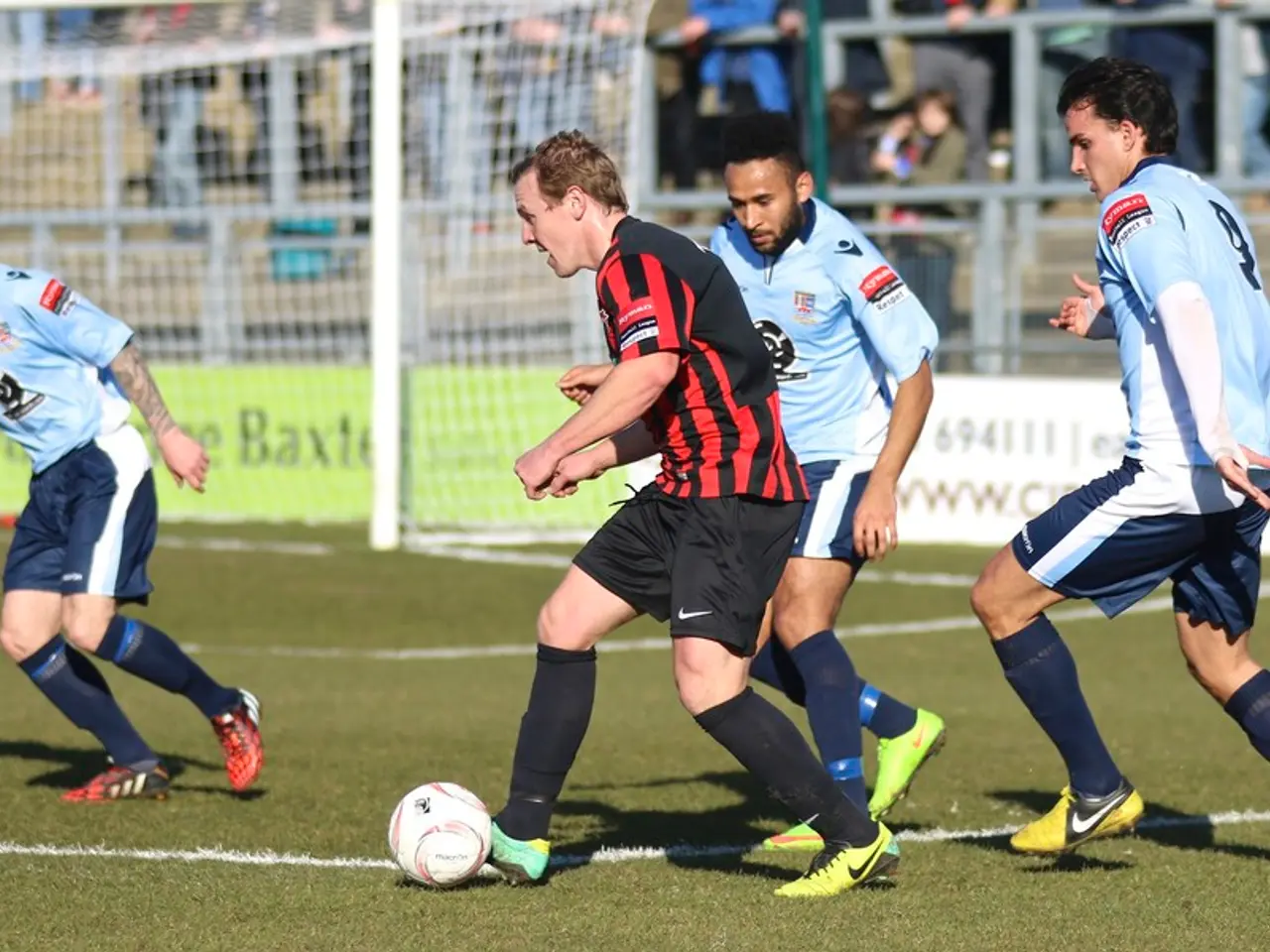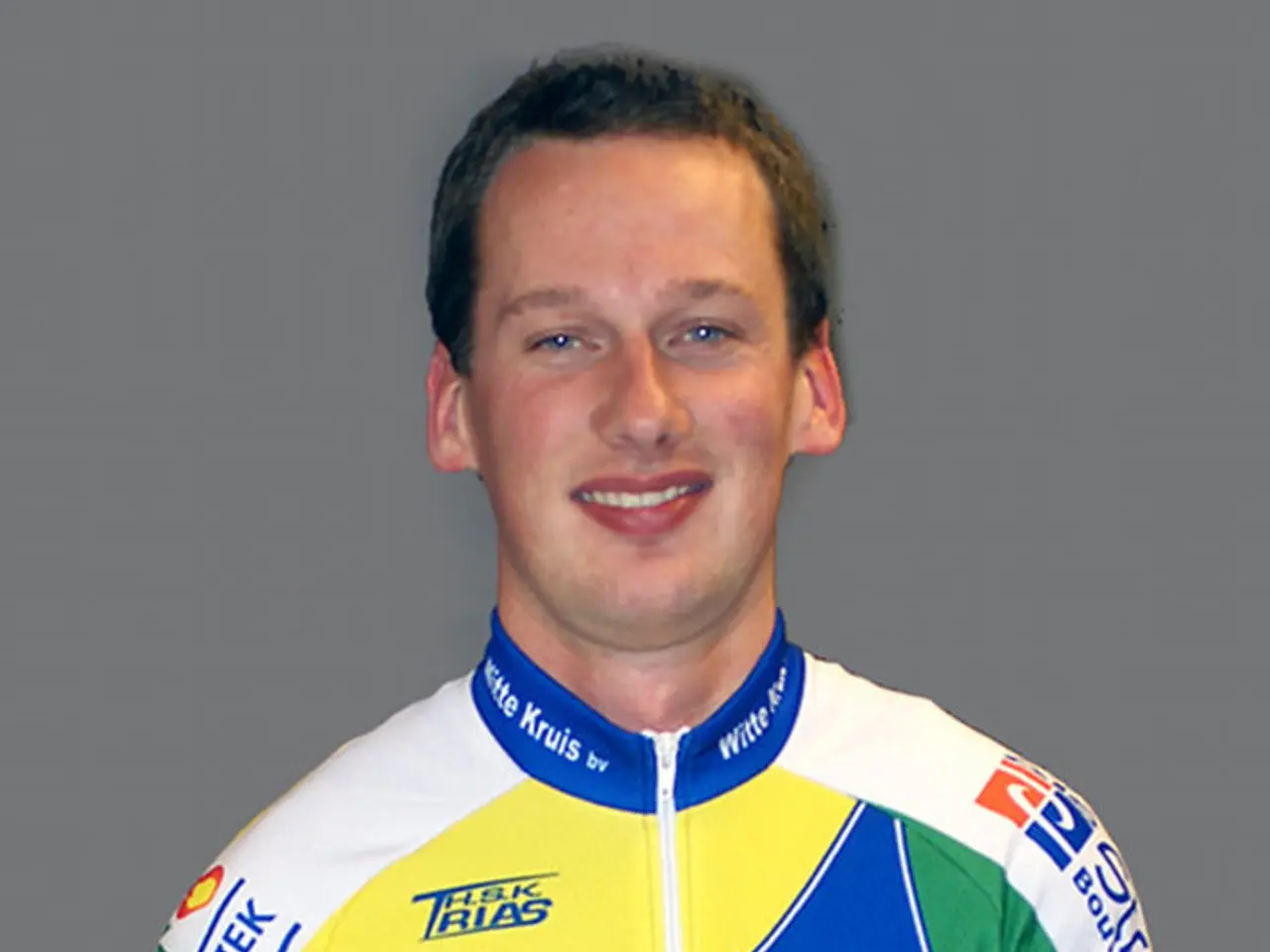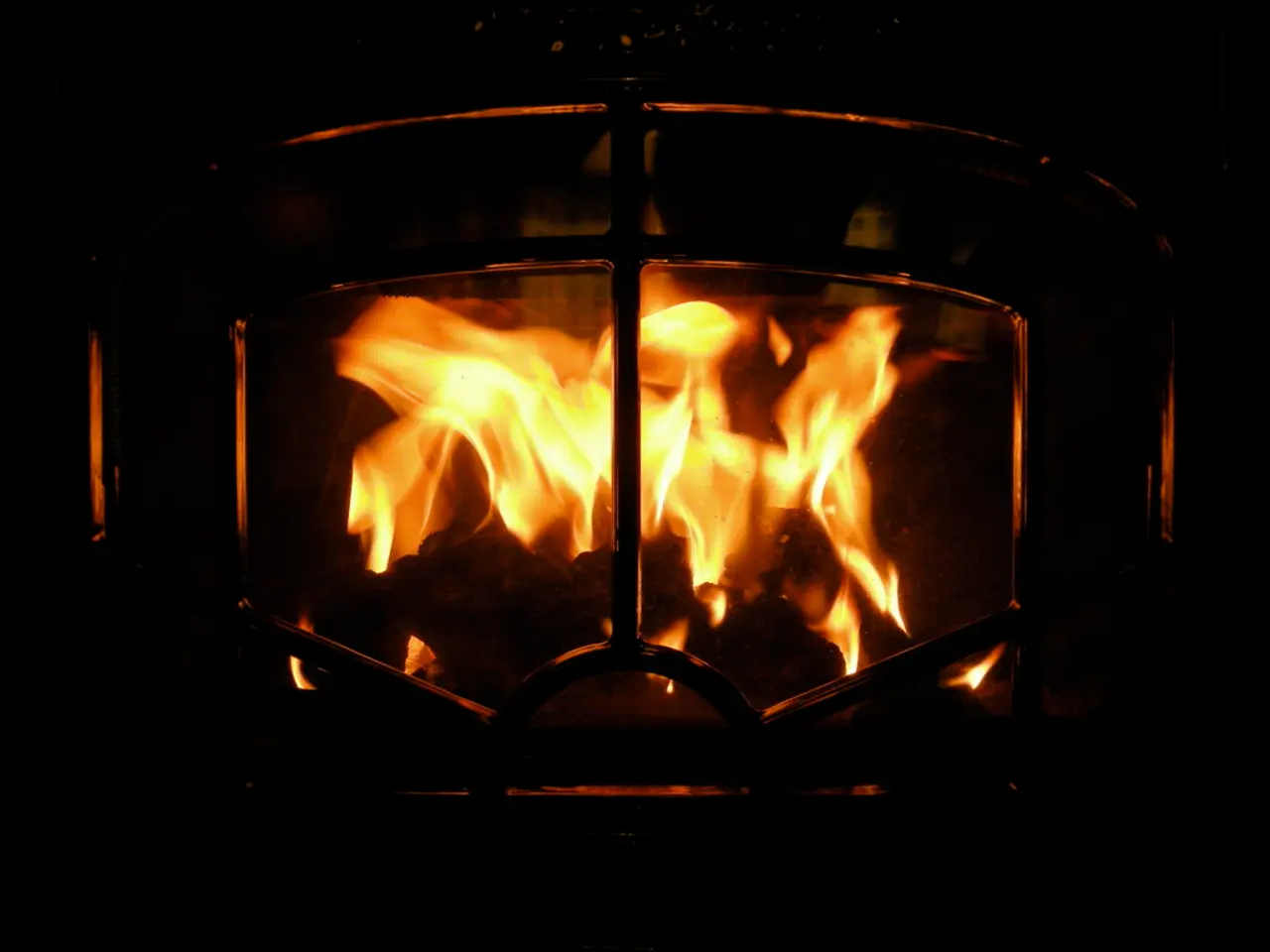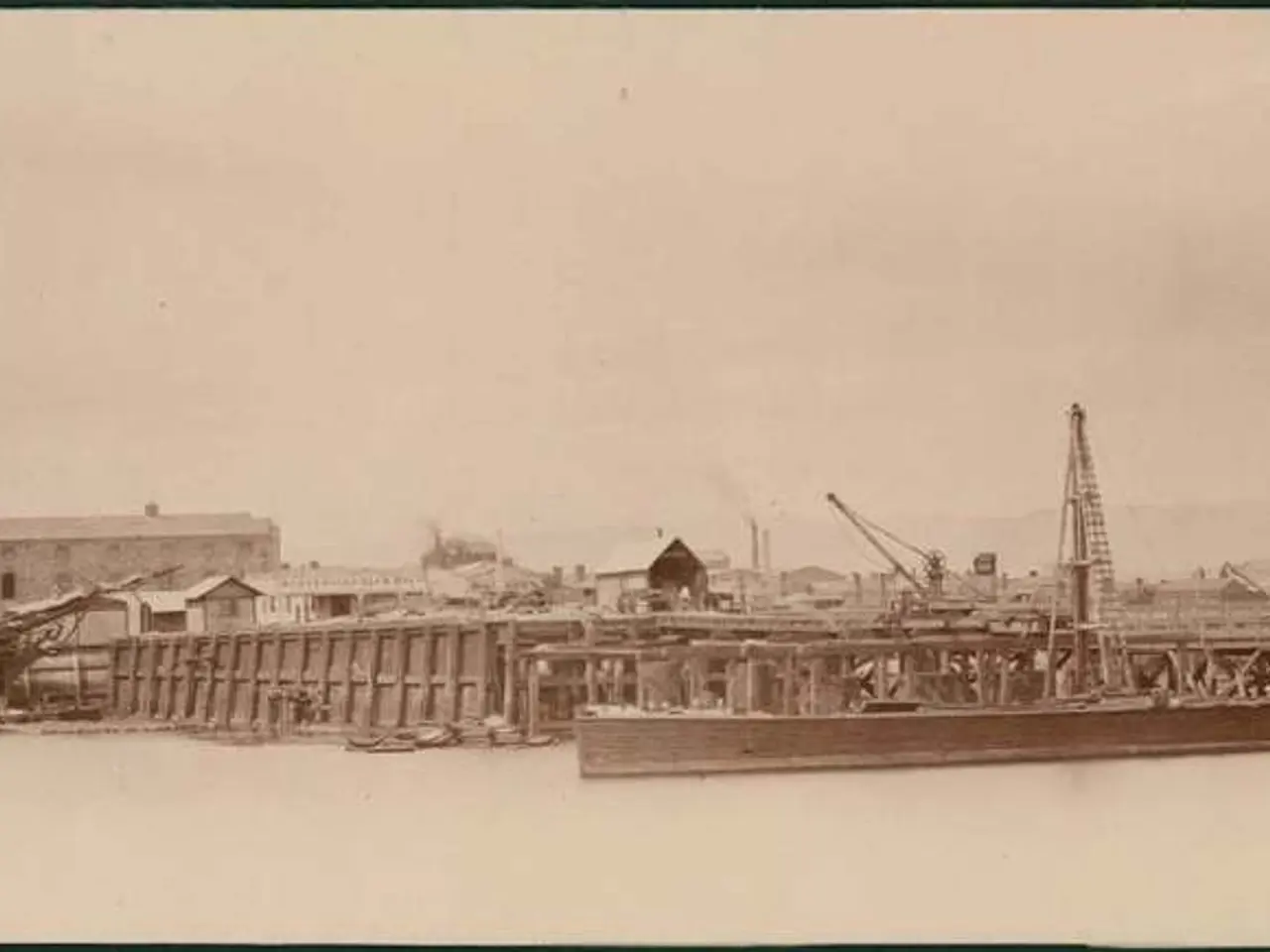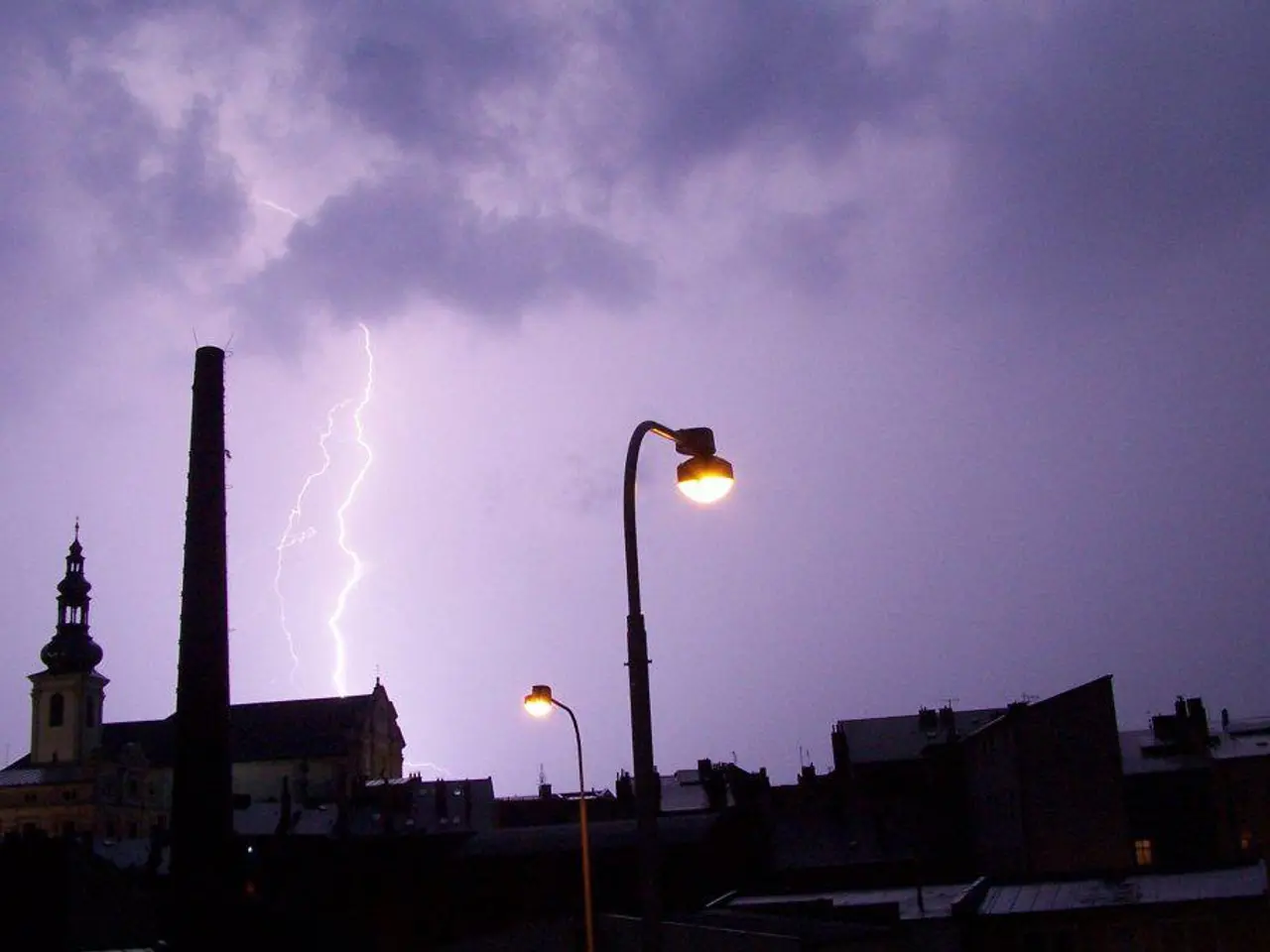"Ice hockey's future in North Rhine-Westphalia is under threat"
In North Rhine-Westphalia (NRW), Germany, the ongoing spectator restrictions in professional sports venues have become a contentious issue, with CEOs of four ice hockey clubs in Cologne, Düsseldorf, Krefeld, and Iserlohn writing an open letter to Minister President Armin Laschet and Minister of Health Karl-Josef Laumann. The authors argue that they are capable of responsibly conducting safe games and are frustrated by the continued restrictions, which they claim are economically and emotionally draining.
The CEOs' plea comes amidst a growing sense of mistrust among NRW citizens towards acting politicians due to inconsistent decisions regarding spectator restrictions. This mistrust is fuelled by the perception that the regulations are arbitrary and contradictory, rather than evidence-based.
Despite implementing safety measures such as vaccination proof and testing, NRW's continued spectator restrictions arise from local risk management decisions, a cautious health policy approach, and the legal framework governing public events. German states, including NRW, have autonomous powers to implement health measures based on local epidemiological data. The authorities may assess COVID-19 risks differently or prioritize caution due to factors like infection rates, hospital capacities, or population density.
Germany, including NRW, has often taken a more cautious stance on public health compared to some other European countries that lifted restrictions earlier. This may lead to continued spectator limits to prevent potential superspreading events in large gatherings. The enforcement and duration of restrictions also depend on local laws and regulations, which may differ from those in countries like England, the Netherlands, or Denmark, where central governments may have eased rules faster or set different criteria for reopening.
Differences exist in how proof of vaccination, testing, or boosting is verified and accepted across countries, affecting how easily events can be held at full capacity without restrictions.
The persistence of spectator restrictions is incomprehensible to the authors, who point out that sports events have not been and are not proven 'COVID hotspots'. More is at stake than just professional sports, as hundreds of children and young people are inspired and trained in sports within these venues. Sports promote values such as cohesion, team spirit, diversity, societal solidarity, and health, which are particularly needed during the crisis.
The authors claim they are setting an example by using the LANXESS Arena as a vaccination center during Cologne Sharks games. They have developed and implemented eight different regulations within four months this season alone to ensure safe sports events. The clubs hope that the Minister President and Minister of Health will reconsider their position on 'spectator restrictions' and allow ice hockey games with spectators.
Without spectators, the authors are bleeding emotionally and economically, with ticket sales, merchandise, VIP areas, and sponsorship making up to 80% of their ice hockey budget. The traditional ice hockey locations in NRW are at risk of demise due to persistent spectator restrictions.
As the situation continues to evolve, consulting official NRW government or health authority statements would be advisable for the latest detailed explanation on the reasons behind the spectator restrictions in professional sports.
The CEOs, in their open letter, strongly urge Minister President Armin Laschet and Minister of Health Karl-Josef Laumann to reconsider the spectator restrictions in NRW's professional sports venues, arguing that their ice hockey clubs, such as those in Cologne, Düsseldorf, Krefeld, and Iserlohn, can responsibly conduct safe games and are economically and emotionally drained by the continued restrictions.
The plea from the sports leaders comes amidst a growing mistrust among NRW citizens towards acting politicians, fueled by the perception that the regulations are arbitrary and contradictory rather than evidence-based. These leaders cite the LANXESS Arena, used as a vaccination center during Cologne Sharks games, as an example of their commitment to safety measures, with eight different regulations developed and implemented during this season alone.


